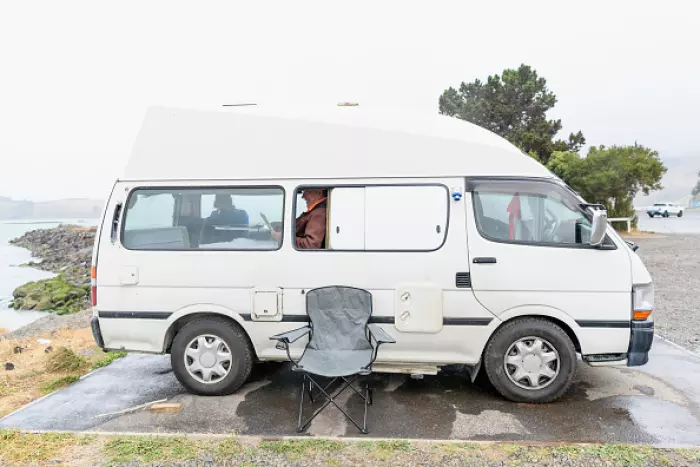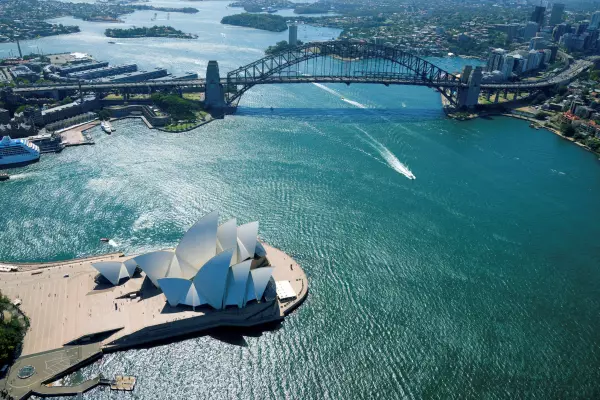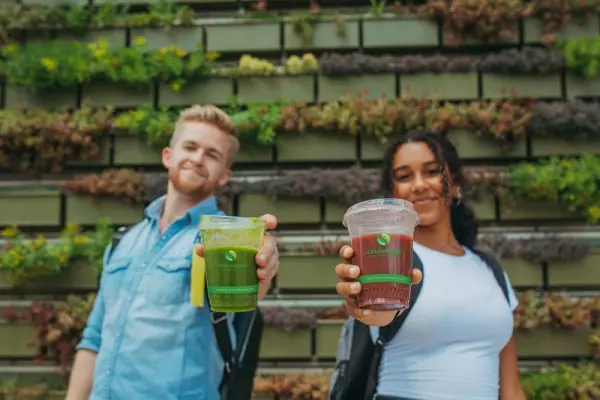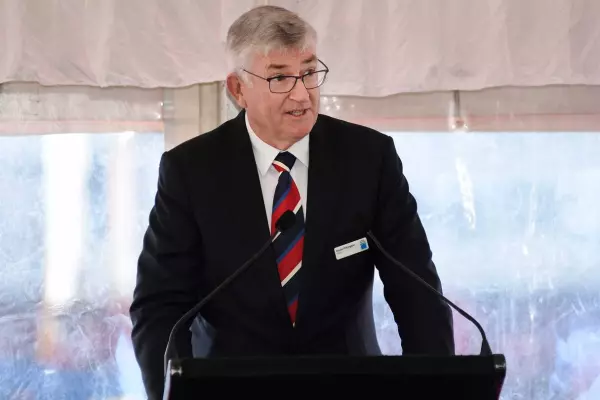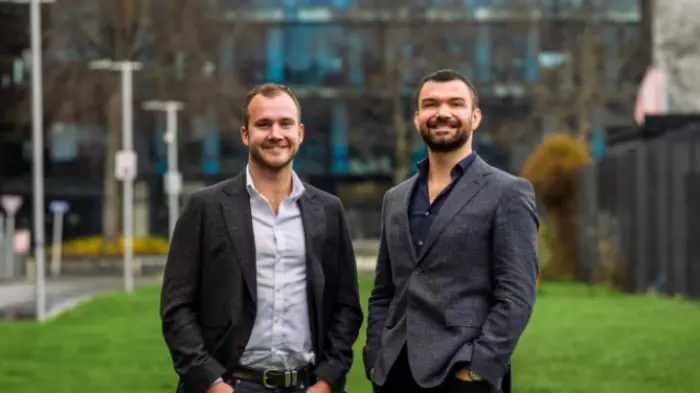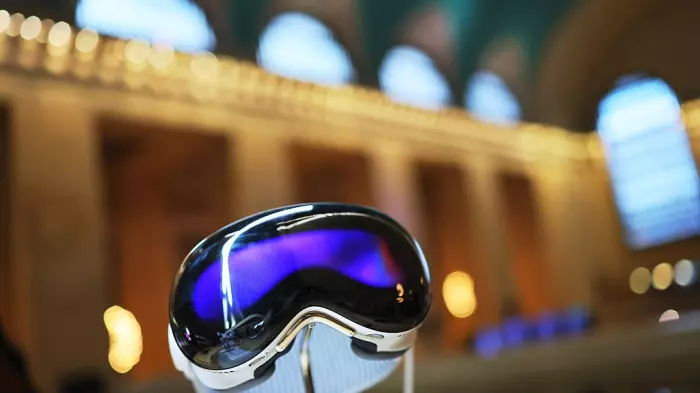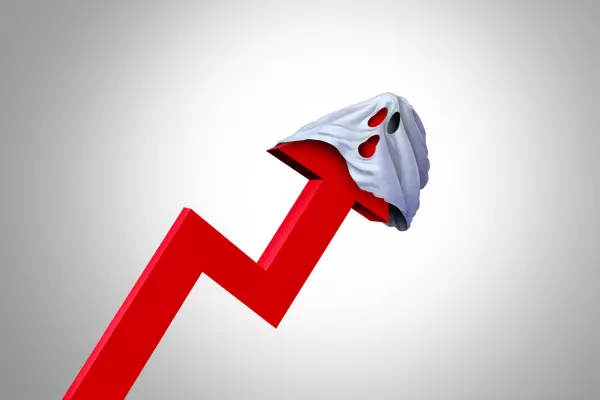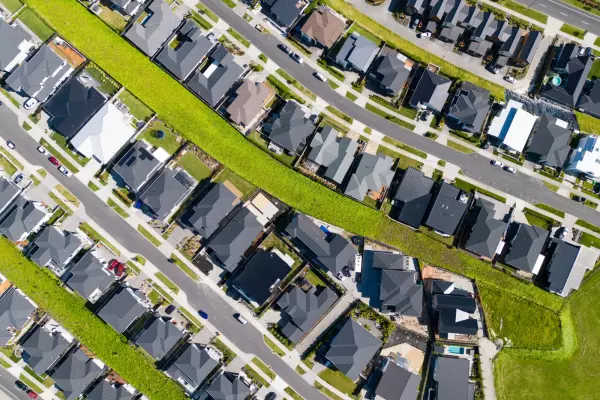Parliamentary Commissioner for the Environment Simon Upton wants to see tougher rules for freedom camping as he offers a recipe to the tourism sector on how it can chase value over volume and protect New Zealand’s pristine environment.
Upton put forward four proposals for the government to adopt to take advantage of the pandemic-enforced lull in international tourism to transform the local sector into a high-value industry with a much smaller environmental impact.
Among those is a recommendation to strengthen standards for self-contained vehicles used by freedom campers ensuring they have a permanently plumbed toilet. That also needs national oversight from an agency such as Waka Kotahi NZ Transport Agency, and stiff penalties to put people off fouling their natural surroundings.
Peter Crawford, who owns holiday parks in New Plymouth and Waitomo, will be glad to see a national standard introduced and enforced.
“Communities have been saying for a long time the net effect is detrimental socially, economically and environmentally,” Crawford said.
“It’s good to see central government clearly being encouraged to take action and make meaningful changes.”
Exponential growth
Upton’s report points out freedom camping is one of the visibly contentious sectors of the tourism sector due to the rapid rise from just 10,000 visitors in the early 2000s to 123,000 by 2018. While the rise has been rapid, the $540 million they spent in 2018 was just 3% of the total tourist spend.
“Allowing tourists to camp in vehicles fitted out with rudimentary toilets that are unlikely to ever be used only works because New Zealanders have been forced to accept the environmental damage that inevitably results,” the report said.
“That might have been acceptable when tourism was an emerging industry, but it is increasingly difficult to justify when freedom campers at particular sites number in the hundreds.”
Upton said getting serious about the environmental footprint of freedom camping may also lead to higher-value tourism by getting those tourists staying at campgrounds or hiring premium campervans.
“It is that sort of outcome that illustrates what pursuing value over volume might mean in practice.”
Crawford agrees but also anticipates the pandemic will help change the profile of international visitors to people more willing to stay in hotels and motels and to hire rental cars, rather than the freedom camper who tends to avoid paying for facilities.
“My expectation is there’s going to be a different type of tourist, and that’s going to benefit everyone,” he said.
Follow up
The freedom camping initiative is one of four put forward by Upton’s report, ‘Not 100% — but four steps closer to sustainable tourism’. The paper is a follow-up to his 2019 report noting the growing environmental pressures will only increase from an expanding tourism sector unless new approaches are adopted.
Two of his other recommendations have the backing of the wider tourism sector, with support for linking central government funding for infrastructure to meeting environmental criteria and getting the Department of Conservation to closely manage commercial access to the conservation estate.
Conservation Minister Kiri Allan yesterday launched DoC’s new heritage and visitor strategy, which notes the opportunity created by the pandemic to reimagine a better future for tourism.
The strategy paper includes ensuring visitors and the tourism sector contribute fairly to the costs of mitigating and reducing the impact of visitors on NZ’s environment and getting tourism operators to play their part in protecting the conservation estate.
Upton’s more controversial recommendation is for the government to introduce a departure tax on international tourists, depending on how far they’re travelling. Those funds would be earmarked for research into low carbon technologies and climate-related development aid for the Pacific Islands.


